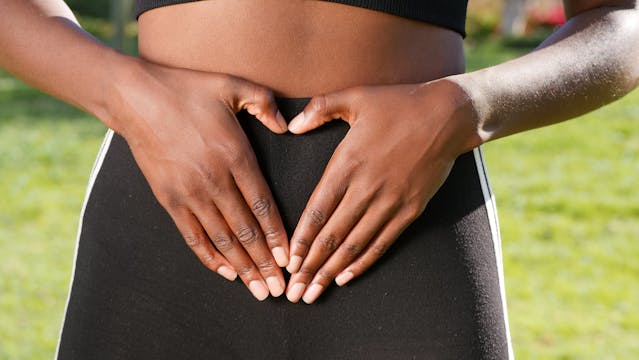
Antibiotics are powerful tools for fighting infections, but they can also disrupt the delicate balance of gut bacteria. This can lead to symptoms like bloating, diarrhea, or reduced immunity. If you’ve recently taken antibiotics, you might wonder how to restore your gut health effectively. In this article, we’ll address the best strategies for gut recovery, how long antibiotics affect your gut, and signs your gut is healing.
What Is Best for Gut Health After Antibiotics?
Restoring gut health after antibiotics requires a combination of diet, lifestyle changes, and sometimes supplements. Here’s what works best:
- Probiotics
- Why: Antibiotics can deplete beneficial bacteria, and probiotics help replenish them.
- What to Take: Look for strains like Lactobacillus and Bifidobacterium.
- How: Consume probiotic-rich foods like yogurt, kefir, sauerkraut, or take high-quality probiotic supplements.
- Prebiotics
- Why: These are fibers that feed good bacteria and help them thrive.
- What to Eat: Garlic, onions, bananas, and asparagus are excellent sources.
- Fermented Foods
- Why: They naturally contain probiotics and beneficial enzymes.
- Examples: Kimchi, miso, kombucha, and pickles.
- Bone Broth
- Why: Rich in collagen and amino acids, bone broth supports gut lining repair.
- Hydration
- Why: Antibiotics can lead to dehydration. Drinking enough water helps flush out toxins and supports digestion.
- Anti-Inflammatory Foods
- Why: These help reduce gut inflammation.
- Examples: Turmeric, ginger, leafy greens, and fatty fish like salmon.
- Limit Sugar and Processed Foods
- Why: Sugar can feed harmful bacteria and yeast, delaying gut recovery.
How Long Do Antibiotics Stay in Your Gut?
Antibiotics begin to leave your system after about 24-48 hours post the last dose. However, their impact on gut bacteria can last much longer. Research shows that:
- It can take weeks to months for your gut microbiome to recover fully.
- Some bacteria species might never return to their original levels without intervention.
The duration varies depending on the type of antibiotic, the dosage, and individual factors like diet and overall health.
How Long Does It Take to Restore Gut Health After Antibiotics?
The timeline for gut recovery varies, but here’s a general guideline:
- Short-Term Recovery (1-2 Weeks)
- Initial improvements like reduced bloating and better digestion can occur as probiotics and prebiotics are introduced.
- Mid-Term Recovery (1-3 Months)
- The gut begins to rebuild its microbiome. Eating a diverse and fiber-rich diet is crucial during this phase.
- Long-Term Recovery (3-12 Months)
- Complete restoration of gut bacteria may take up to a year, especially for individuals with severe disruption or poor dietary habits.
Consistency in your gut-healing routine significantly influences recovery speed.
How Do You Know If Your Gut Is Healing?
Your body gives clear signals when your gut is on the mend. Watch for these signs:
- Improved Digestion
- Less bloating, gas, and constipation or diarrhea.
- Better Energy Levels
- A healthier gut absorbs nutrients more efficiently, boosting energy.
- Enhanced Immunity
- Fewer infections and illnesses indicate a stronger gut microbiome.
- Clearer Skin
- Gut health is closely tied to skin health; healing may reduce acne or eczema.
- Stable Mood
- A balanced microbiome supports serotonin production, leading to better mental health.
- Normal Bowel Movements
- Regular, well-formed stools are a key sign of gut recovery.
Tips for Faster Gut Recovery
- Eat Whole Foods: Focus on fresh, unprocessed ingredients.
- Exercise Regularly: Physical activity promotes gut motility and microbiome diversity.
- Manage Stress: Chronic stress can disrupt gut healing. Practice mindfulness or yoga.
- Get Enough Sleep: Adequate rest supports overall health, including gut repair.
Conclusion
Restoring gut health after antibiotics takes time and intentional effort, but with the right strategies, you can speed up the process. Incorporating probiotics, prebiotics, and anti-inflammatory foods into your diet while limiting processed foods will pave the way for recovery. Remember, every individual is unique, and your gut’s recovery journey may differ.
By following these steps, you’ll be well on your way to rebuilding a healthy, balanced gut microbiome. If symptoms persist or worsen, consider consulting a healthcare professional for tailored advice.
Ready to prioritize your gut health? Start your recovery journey today with these simple, effective strategies!

